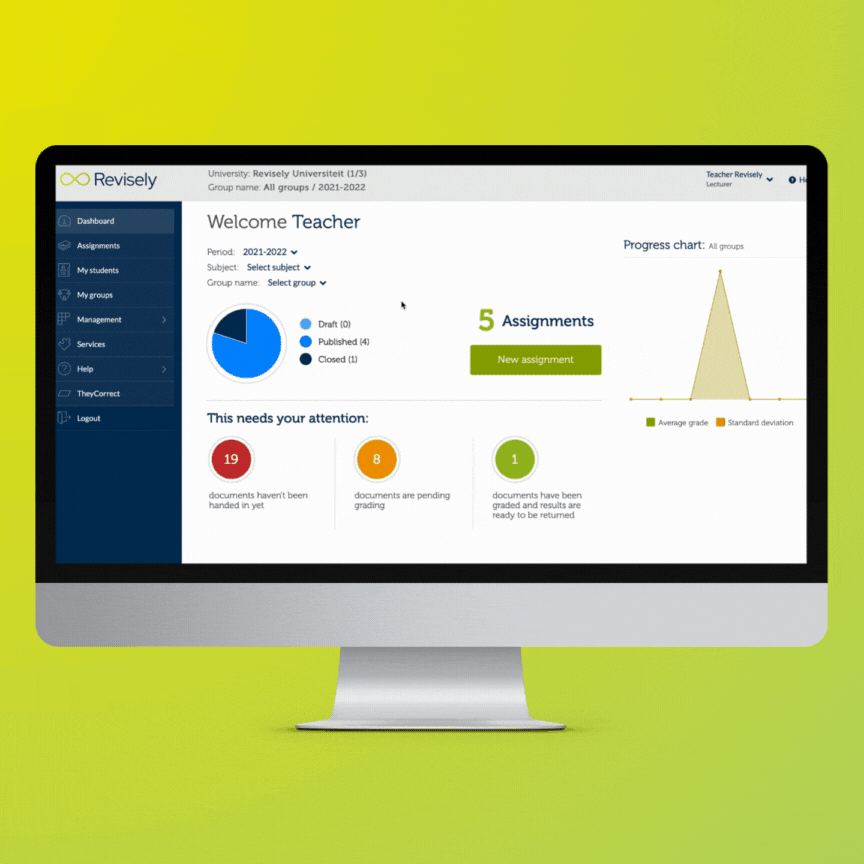Artificial Intelligence in education: insights, innovations, and integrity
Artificial intelligence (AI) has taken the education sector by storm, igniting excitement and sparking discussions. The possibilities AI offers in education are vast. However, integrating AI into the classroom, much like embarking on a grand adventure, requires careful planning and consideration.
Understanding Artificial Intelligence
It’s impossible to ignore that Artificial Intelligence (AI) has been making headlines in recent months. AI empowers machines, software, and devices to make autonomous decisions. These intelligent entities respond to data and stimuli from their surroundings, mimicking human cognitive abilities. In the world of education, AI has already found its footing, with applications like automated grading of digital assessments and personalized learning experiences based on data analysis.
Exploring ChatGPT
ChatGPT, a language model developed by OpenAI that has recently taken the stage. This advanced chatbot boasts access to internet knowledge up until the end of 2021 and can whip up written responses at lightning speed. Using ChatGPT, users can engage in conversations that almost seem lifelike. This chatbot demonstrates its prowess by tackling complex queries, generating text, and often producing unique content. Here are some practical applications of ChatGPT:
- Crafting learning materials complete with explanations and interactive activities.
- Generating practice questions based on books, supercharging retrieval practice.
- Authoring scientific essays and impeccably structured documents.
- The potential for further applications is continuously expanding.
To unlock ChatGPT’s full potential, formulating crystal-clear and effective prompts is key. While simple questions often yield satisfactory answers, well-constructed prompts are the linchpin to ensure the chatbot provides accurate and precisely targeted responses.
AI in Education: Insights and Considerations
The rapid evolution of AI holds significant implications for education, opening up opportunities for educators and learners alike. Here are some insights and considerations:
- Providing Feedback: The chatbot can provide constructive feedback on written texts, mathematical formulas, and programming codes.
- Active Retrieval: AI-powered knowledge-based questions from texts promote active learning and retrieval practice.
- Curriculum Design: With AI lending a hand to students in specific tasks, educators should focus on designing curricula that foster deeper learning experiences, critical thinking, and creativity.

Addressing Teachers’ Concerns
As AI tools like ChatGPT gain popularity among students for completing assignments and homework, teachers may harbor concerns about academic integrity. To address this, schools can implement measures such as requiring students to compose texts in the classroom or specifying the use of recent sources. ChatGPT, for instance, relies on information available up to 2021, so students can be tasked with incorporating at least four sources from 2022 or later in their work. Nevertheless, it’s important to remember that as ChatGPT and similar tools are updated with newer data, these requirements may need adjustments.
Furthermore, teachers can explore alternative assignment formats that stimulate creativity and critical thinking, such as tasking students with creating book vlogs rather than traditional book reports. Engaging in open dialogues with students about the responsible use of AI tools is also crucial. This ensures that technology enhances the learning experience while upholding academic integrity.
In the quest to maintain academic integrity, Revisely now offers the capability to check student submissions for signs of AI tool usage. In collaboration with GPTZero, this feature is designed to detect the utilization of AI models like ChatGPT, GPT4, Bard, LLaMa, and others, guaranteeing that student work remains authentic and in compliance with academic standards.
Conclusion
As AI continues to advance, it ushers in transformative possibilities for education. Embracing AI technology while preserving a balance with critical thinking and creativity empowers educators to craft enriching and impactful learning experiences. By staying informed about AI advancements and making deliberate integration choices, the education sector can harness the potential of artificial intelligence for the benefit of both learners and teachers.
Interested in the integration of GPTZero in Revisely to check if students used AI models like ChatGPT for making their assignments? Try Revisely free for 30 days by creating an account at app.revise.ly.



Comments are closed.